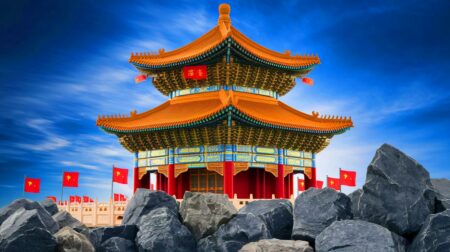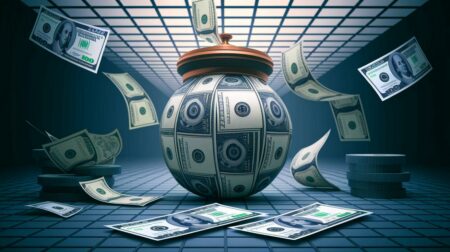“Circular economy” and “bioeconomy” are ideas that are at a new frontier of change. However, doubts among researchers persist about whether these trends can deliver on their promise.
A new study in Ecological Economics seeks to bring more clarity to the debate.
The circular economy broadly is expected to deliver a world of good in terms of closing wasteful loops, while the idea of a bioeconomy is bringing industry closer to nature by supporting cutting-edge material innovation. Uniting the two strands is thought to be the next step in the evolution of sustainability economics.
However, the ways in which different actors understand the concept are often incompatible. In their study the researchers reveal two competing narratives. The first one evokes the possibility of endless economic growth through technological innovation, while the second emphasizes quite the opposite: the limits of economic growth as defined by nature.
Building on in-depth analysis of natural and technological processes, the scientists conclude that while in the short term a circular bioeconomy might seem to make the market more competitive and open up space for new industries, in the long run it may deliver opposite results.
To be sure, some resources can be recirculated into the system; however, the presence of biological resources makes it necessary to return them to nature sooner or later, thus closing the loop across a much longer timeframe and linking it to the complex web of life beyond human production and consumption cycles.
And this brings us back to nature and its own rules. Natural processes are slower than our exploitation of natural resources, which suggests that a circular bioeconomy helps to slow down the depletion of natural resources. On the other hand, however, this makes the slowing down of the economy unavoidable in the long term because those resources are finite.
Meanwhile, the current “economics of technological promises” is an attempt to “colonize the future” and reiterate the human belief in endless progress. The researchers conclude that attempts to reconcile narratives of endless economic growth and a sustainable economy are both unrealistic and harmful for the economy as such. And the sooner we realize this, the better we can adapt to the new economic realities of a finite planet.
Did you like it? 4.6/5 (25)







